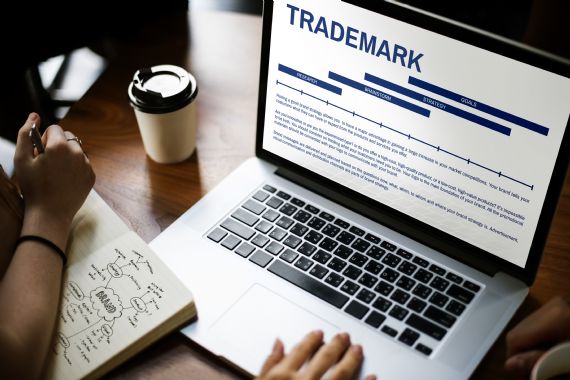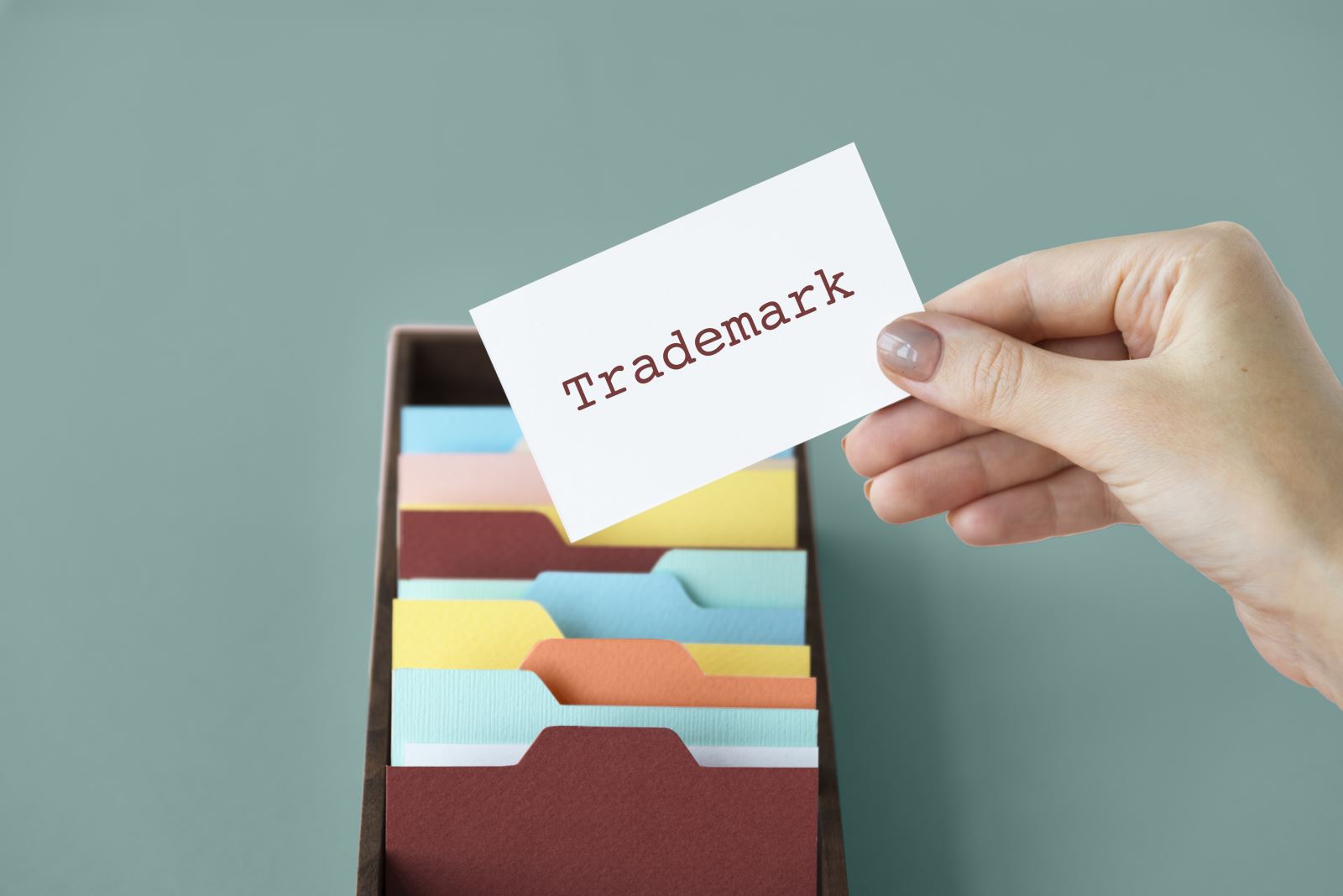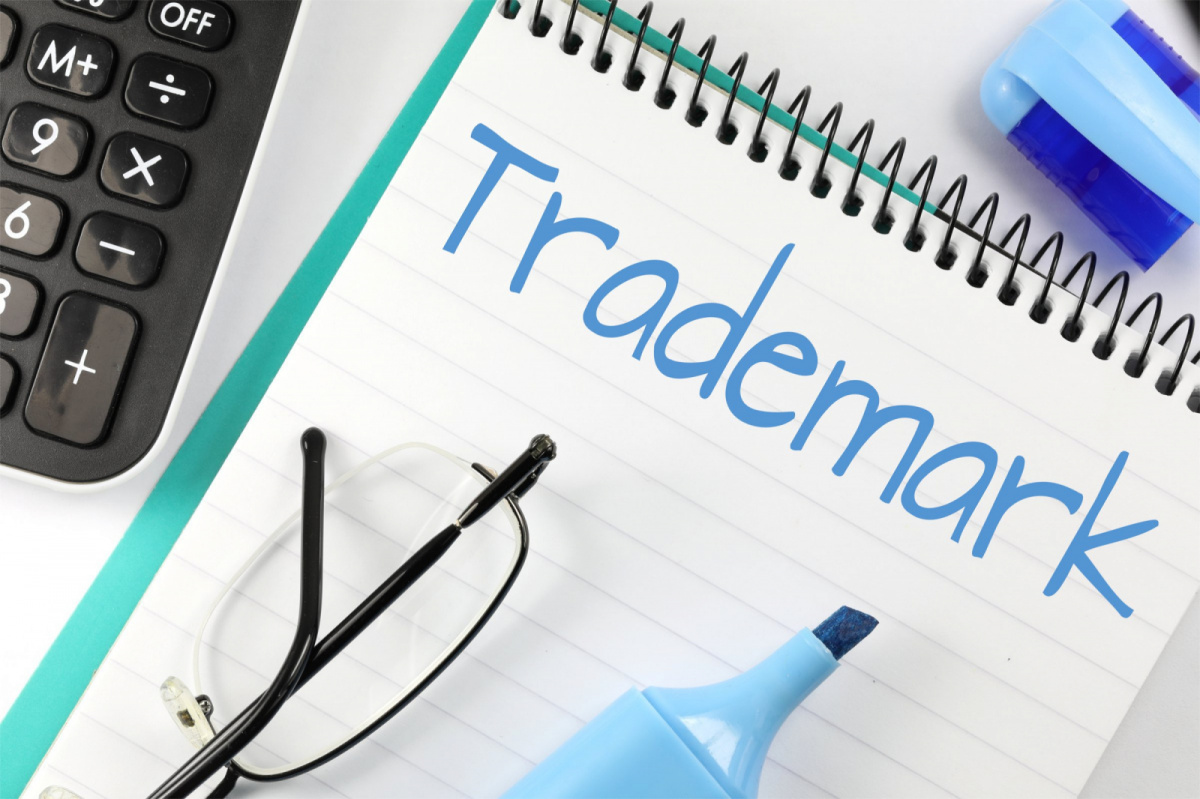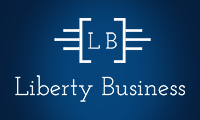US Trademark Law: Avoiding the Common Mistakes

It takes substantial time and effort to build an authoritative brand that speaks about the company’s values and services. Hence, as a business owner, you must ensure protecting the brand and taking legal measures in case your intellectual property rights are infringed under the US trademark law. A trademark helps distinctly identify your goods and services, provides your brand legal protection, and prevents fraud and counterfeiting.
Unfortunately, many businesses do not take the basic steps to protect their brand and make the most common trademark mistakes that can significantly cost their money and impact the bottom line.

Discussed here are the deadly trademark mistakes you should avoid and make your intellectual properties full-proof against infringement and fraud.
1. Not Registering Your Trademark
According to the U.S. Patent and Trademark Office (USPTO), you become the owner of a trademark right when you start using it with your goods and services. By using it, you establish trademark rights. However, these rights are only limited and do not apply beyond the geographic area in which you provide the goods and services. While you do not need to register your trademark with USPTO, having a registered trademark ensures better protection and legal rights under the US trademark law.
For instance, you are using a logo as a trademark for your handmade home décor products that you sell at a local market. As the business grows and you aim to take your goods nationally, you might require more protection for your brand. This is where registering your trademark can help protect your work and safeguard your rights nationwide.
2. Not Have a “Strong” Trademark
Having a weak trademark that is generic and descriptive can make it costly and difficult for you to protect because it often does not have the same level of legal protection as stronger trademarks. Therefore, it is crucial to have a strong trademark that is “suggestive, fanciful, or arbitrary.” Strong trademarks are unique and creative – setting your brand apart from the competitors.
USPTO defines strong trademarks as the following:
- Fanciful: According to the US trademark law, these are invented words that are specifically used in relation to your goods or services. For instance, Pepsi® relates only to soft drinks.
- Arbitrary: These trademarks are actual words that are not directly associated with the goods or services. For example, an apple orchard cannot register its trademark with the word “apple” to describe the types of apples they grow. However, Apple® is the registered trademark of computers, which make it unique and arbitrary.
- Suggestive: These are words suggesting the certain quality of the goods or services. However, they do not outrightly state the quality of the goods or services. For example, the Coppertone® trademark for sun-tanning products instantly gives the impression that using this product will make the skin glow like copper.
So, having just any generic or arbitrary trademark will not only get the application rejected, but it may also be difficult to defend your rights. Know how USPTO defines strong trademarks.
3. Not Doing a Full Trademark Search
Another costly mistake that can get your application rejected under the US trademark law is not doing a proper search. Lack of comprehensive search may result in rejections because the trademark may be too similar to one that has already been registered or is under process. Therefore, trademark search is a vital step before you apply to register your trademark.
The process involves performing a clearance search, which includes searching the Trademark Electronic Search System (TESS) to check for nationally registered or applied-for trademarks. Additionally, you’ll need to conduct a search on the internet as well as state trademark databases. By researching before applying for a trademark, you can avoid time-consuming and costly issues.
4. Not Working with an Experienced Trademark Attorney

Navigating the deep waters of copyright and trademark can be cumbersome and challenging. Therefore, it is important to consult an expert trademark attorney who can assist you throughout the process of trademark registration. They have an in-depth understanding of the US trademark law and can even get you the right legal assistance in case of trademark application rejections, infringements, etc.
Conclusion
The above trademark mistakes can be costly and time-consuming. Make sure you avoid them by partnering with an experienced trademark attorney.
We are Ready to Help You
You may need assistance with the following issues during the establishment of your business, the running of business operations, or the stages of closing your business.
- Create a Business Plan
- Choose a Business Structure
- Choose a Location
- Finance Your Business
- Building Permits and Inspections
- Buy an Existing Business
- Licensing and Certification Guide
- Business Resources
- Starter Kits
- Register Your Business
- Hire Employees
- Filings and Accounting
- Business Preparedness
- Manage Employees
- Closing Your Business
- Paying Taxes
- Contract with the State
- Market Your Business
- Open Another Location
- Exporting
At these stages, expert lawyers and professional consultancy save you time and money. We are always ready to help you.
To start and run your business in the USA, you need a lot of documentation to be prepared. When you need business licenses and permits, we can help you. You cannot be an expert in every subject you need. An expert consulting firm you can trust will save you time and money.
Comprised of experienced business attorneys, marketing experts, and business advisors, Liberty Business has the answers to any questions or needs a blossoming business may have.
